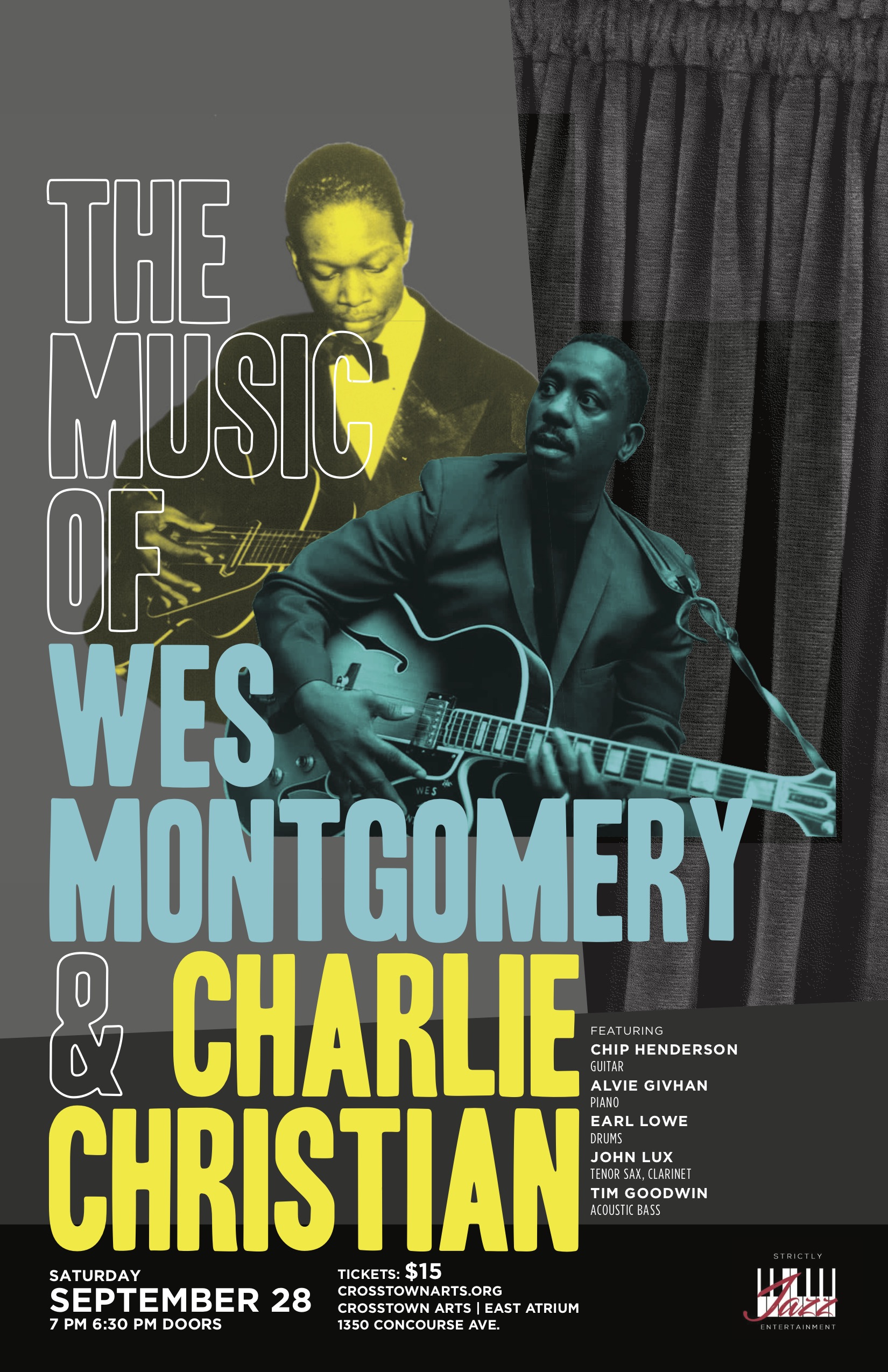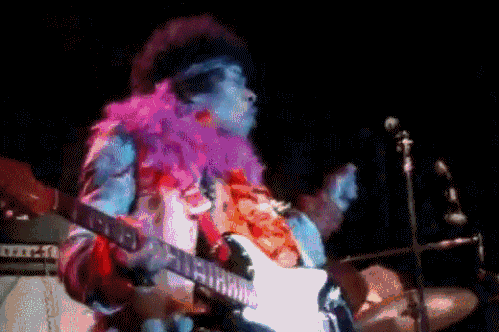You are using an out of date browser. It may not display this or other websites correctly.
You should upgrade or use an alternative browser.
You should upgrade or use an alternative browser.
Question for my OG brehs. Who is or was the greatest black guitar player??
- Thread starter Amerikan Melanin
- Start date
More options
Who Replied?Hoodoo Child
The Urban Legend
Y'all pretty much named everybody (lol), so I'll say Tony MacAlpine. EQUALLY brilliant on the keys too 

DaKidFromNoWhere
Superstar
IllmaticDelta
Veteran
acoustic/pre-electric?

.
.
.
post-Electric w/ modern harmony? (both)

.
.
biggest influence on modern pop?

and of course


Johnson's early recordings are the first guitar recordings that display a single-note soloing style with string bending and vibrato. Johnson pioneered this style of guitar playing on records, and his influence is obvious in the playing of Django Reinhardt, T-Bone Walker and virtually all electric blues guitarists.
.
.
.
post-Electric w/ modern harmony? (both)

.
.
biggest influence on modern pop?

Chanking is a guitar performance technique in funk music that involves both "choking" the guitar neck and strumming the strings percussively to create a distinctive-sounding riff commonly associated with the genre.[1] The technique was popularized by the music of James Brown, later spreading to other genres and performers.
The name "chanking" is either a portmanteau of the words "choking" and "yanking", referring to the procedure involved in the technique, or simply onomatopoeia - a word that sounds like what it describes.
Chanking was developed by James Brown band guitarist Jimmy Nolen as a part of his signature "chicken scratch" sound. The technique appeared first with a double-chank on the first backbeat of each bar in "Out of Sight" (1964),[2] and in "Papa's Got a Brand New Bag" (1965), a song that typified much of Brown's subsequent work.[3] "Chicken scratching" itself differs slightly: the fretting hand lightly squeezes the chord on the neck, then releases suddenly to produce a scratch chord.[4] In particular, Brown used chanking against syncopated bass to produce a unique blend of sounds.[1]
The technique of chanking spread from funk to reggae music.[3][5] Alan Warner, then of The Foundations, also utilized the technique, which left its sound legacy in Europop
and of course

King
The black man is always targeted.
Hendrix wasn’t even that amazing of a guitar player. He was an eccentric player with a unique style but no means amazing.
He was really underdeveloped in a lot of areas due to not having any formal music training. He also didn’t really reinvent the wheel that much either apart from the image.
He died so young that I’m sure he would’ve eventually been exponentially better but can’t put him up there. A lot more unknown/lesser known guitar players play better than Hendrix
He was really underdeveloped in a lot of areas due to not having any formal music training. He also didn’t really reinvent the wheel that much either apart from the image.
He died so young that I’m sure he would’ve eventually been exponentially better but can’t put him up there. A lot more unknown/lesser known guitar players play better than Hendrix
IllmaticDelta
Veteran
All due respect to Jimi but, I grew up on the FUNK, Bootsy Collins was my GOAT bass player.
Eddie Hazel is a close 2nd.
There's no Funk guitar w/o Hendrix. He pretty much fathered the whole style along with Jimmy Nolen.
Hendrix was the first one doing that classic wah wah wacka sound you heard all through out the 70s in Funk/Blaxploitation music
Wah-wah wacka-wacka
The wah-wah audio effect is incredibly expressive. Its associated with whole genres of music, and it can be heard on many of the most influential funk, soul, jazz and rock recordings over the past 50 years.
Jimi Hendrix would sometimes use the wah-wah effect while leaving the pedal in a particular location, creating a unique filter effect that did not change over time. However, in ‘Voodoo Child (slight return)’, Hendrix muted the strummed strings while rocking the pedal, creating a percussive effect. The sweeping of the wah-wah pedal is more dramatic in the louder versus and the chorus, emphasizing the song’s blues styling.
The ‘wacka-wacka’ sound that Hendrix created soon became a trademark of a whole subgenre of 1970s funk and soul. Melvin ‘Wah-Wah Watson’ Ragin, a highly respected Motown session musician, is renowned for his use of the wah-wah pedal, especially on The Temptations ‘Papa Was A Rolling Stone’. This distinctive ‘wacka-wacka’ funk style of soon became a feature of urban black crime dramas, such as in Isaac Hayes’ ‘Theme from Shaft,’ Bobby Womack’s score to ‘Across 110th Street’ and Curtis Mayfield’s ‘Superfly.’
Another unusual use of the wah-wah pedal can be heard on the Pink Floyd song ‘Echoes.’ Here, screaming sounds were created by plugging in the pedal back to front, that is, the amplifier was connected to the input and he guitar was connected to the pedal’s output.
Of course, use of wah pedals is not reserved just to guitar. Bass players have used wah-wah pedals on well-known recordings (Michael Henderson playing with Miles Davis, Cliff Burton of Metallica, …). John Medeski and Garth Hudson use the pedals with Clavinets. Rick Wright employed a wah-wah pedal on a Wurlitzer electric piano on the Pink Floyd song ‘Money,’ and dikk Sims used it with a Hammond organ. Miles Davis’s ensembles used it to great extent, both on trumpet and on electric pianos. The wah-wah is frequently used by electric violinists, such as Boyd Tinsley of the Dave Matthews Band. Wah wah pedals applied to amplified saxophone also feature on albums by Frank Zappa and David Bowie.
Wah-wah wacka-wacka
Frantz Fanon
Rookie
Depends entirely on what your metric for "good" guitar playing is. If you're purely talking from a technical standpoint, sure, the bar for who can play the fastest or has every scale memorized in every key was raised in the decades since Hendrix. But how many of those insanely technically skilled guitarists have created anything as memorable as a "Purple Haze," or a "Little Wing"? If your metric for good guitar playing is being able to use the instrument as a tool to create compelling music, similar to how you judge a painter's use of their paintbrush by whether they make interesting paintings, nobody can front on Hendrix. He still has most everyone beat from the standpoint of songwriting, feel, phrasing, and experimentation. He was even instrumental in pushing guitar amplification, effects, and studio recording technology forward.Hendrix wasn’t even that amazing of a guitar player. He was an eccentric player with a unique style but no means amazing.
He was really underdeveloped in a lot of areas due to not having any formal music training. He also didn’t really reinvent the wheel that much either apart from the image.
He died so young that I’m sure he would’ve eventually been exponentially better but can’t put him up there. A lot more unknown/lesser known guitar players play better than Hendrix
IllmaticDelta
Veteran
Hendrix wasn’t even that amazing of a guitar player. He was an eccentric player with a unique style but no means amazing.
 he was so amazing that he had those brits shook
he was so amazing that he had those brits shookwhen most Rock guitarist were playing monophonic, hendrix was playing polyphonic style because he could play lead and rhythm at the same time

and when he came back to America every black guitarist in Soul/Funk/Rock of the mid to late 1960s and into the 1970s, ended up being influenced by him
He was really underdeveloped in a lot of areas due to not having any formal music training. He also didn’t really reinvent the wheel that much either apart from the image.
 Hendrix's lack of musical training is what made his style of composing so unique.
Hendrix's lack of musical training is what made his style of composing so unique.
He was probably one of the first fusion type players in Rock music. He was getting his Wes Montgomery on creating a hybrid sound no Rock guitarist was doing before him


Hendrix wasn’t even that amazing of a guitar player. He was an eccentric player with a unique style but no means amazing.
He was really underdeveloped in a lot of areas due to not having any formal music training. He also didn’t really reinvent the wheel that much either apart from the image.
He died so young that I’m sure he would’ve eventually been exponentially better but can’t put him up there. A lot more unknown/lesser known guitar players play better than Hendrix

No one at the time made the electric guitar sound like he did. No one. His tone and picking techniques are still copied today.
Marc Spector
the 4'11 Cuban
Ernie Isley
Ol’Otis
The Picasso of the Ghetto
Bass: James Jameson
Guitar: Robert Johnson
Guitar: Robert Johnson

